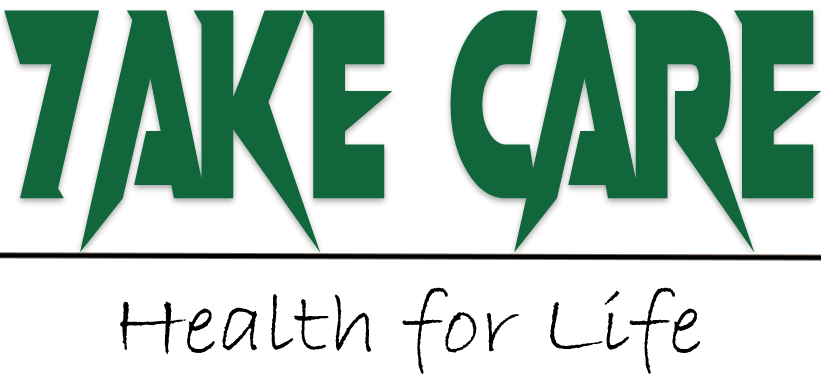What does it mean to be at a ‘high risk’ for Down Syndrome?
Being at ‘high risk’ means that there is a chance, but not a definite confirmation, that the baby may have Down Syndrome. When a screening test indicates a ‘high risk’ or ‘Screen Positive’ result, it suggests a higher-than-expected likelihood of the baby being affected. Since Down Syndrome has serious implications, further investigations are recommended.
Table of Contents
ToggleWhat happens if I am declared to be at ‘high risk’ for Down Syndrome?
If you are declared ‘high risk,’ you will be advised to undergo confirmatory tests, also known as diagnostic tests. These tests provide a clear ‘yes’ or ‘no’ answer. In the case of Down Syndrome, two common diagnostic tests are Chorionic Villous Sampling (CVS) or Amniocentesis.
Here’s an example:
Let’s say you are 34 years old and pregnant. Concerned about the risk of your unborn baby having a chromosomal abnormality, you undergo a screening test in the first trimester at 11-12 weeks. This test measures Nuchal translucency and blood levels of free beta hCG and PAPP-A.
The screening test gives you a 1:150 risk of having an affected baby. This means that, in 149 out of 150 cases, the chances are that your baby is not affected!
To be absolutely certain, you may choose to undergo a confirmatory test, such as CVS at 12 weeks or wait for an amniocentesis at 16 weeks. If the result comes back as ‘Normal,’ you can continue the pregnancy without worrying about chromosomal anomalies in your baby.


